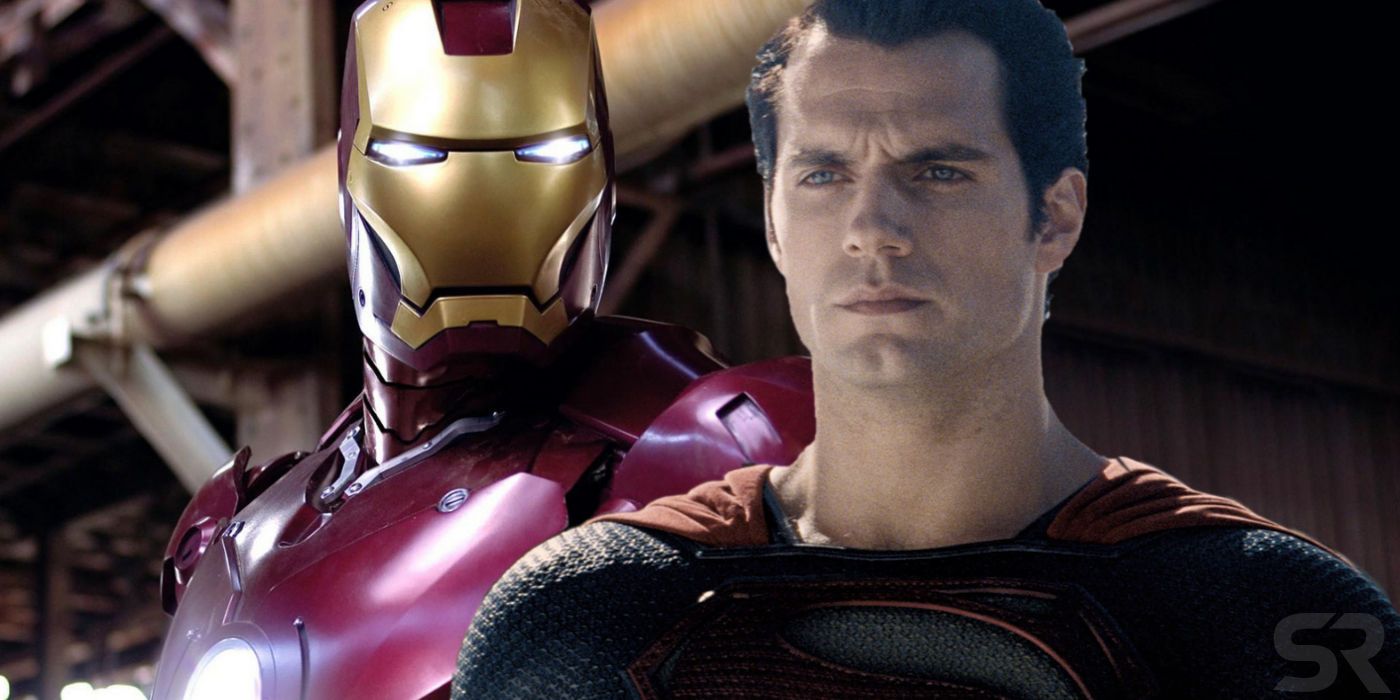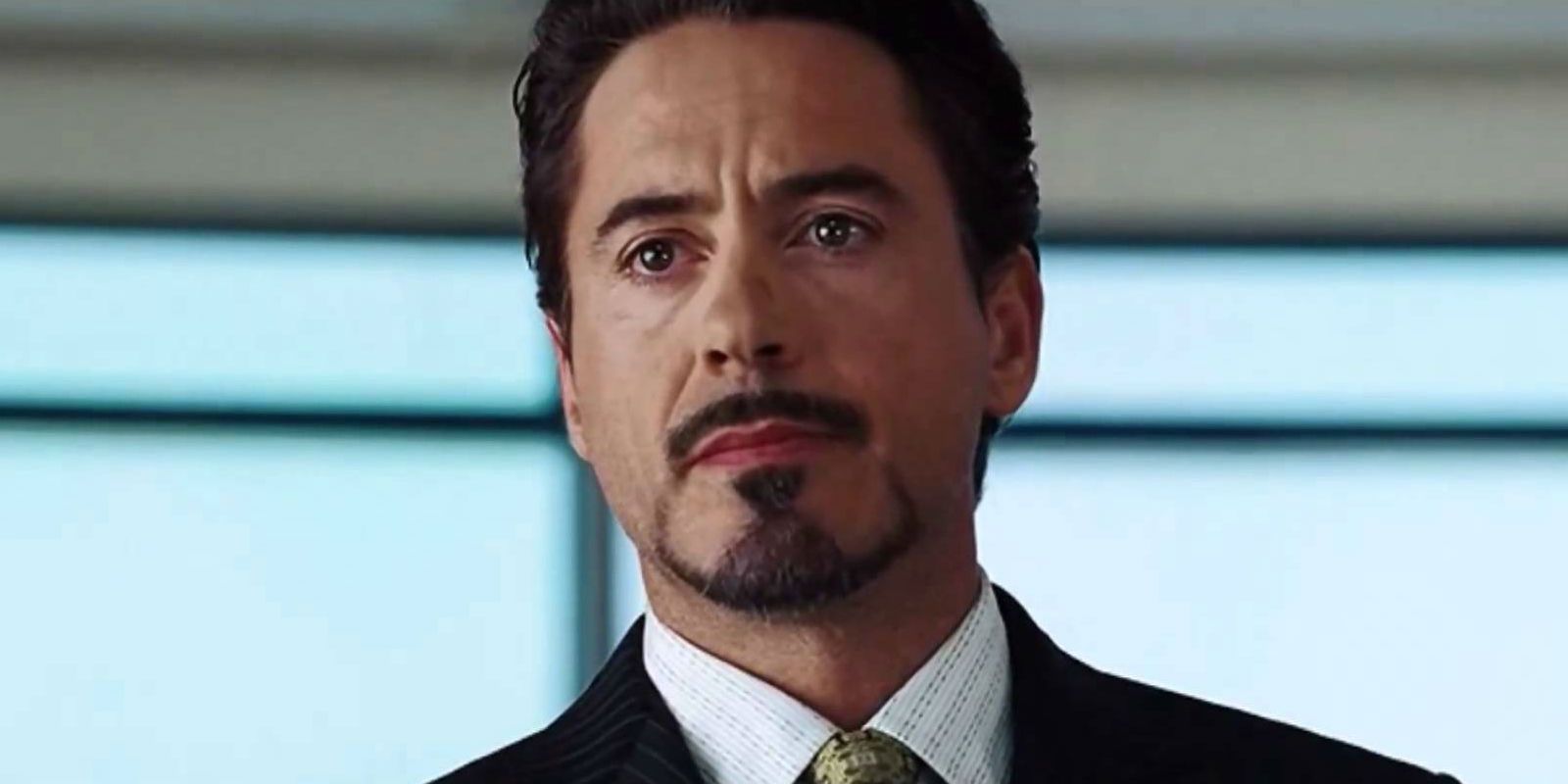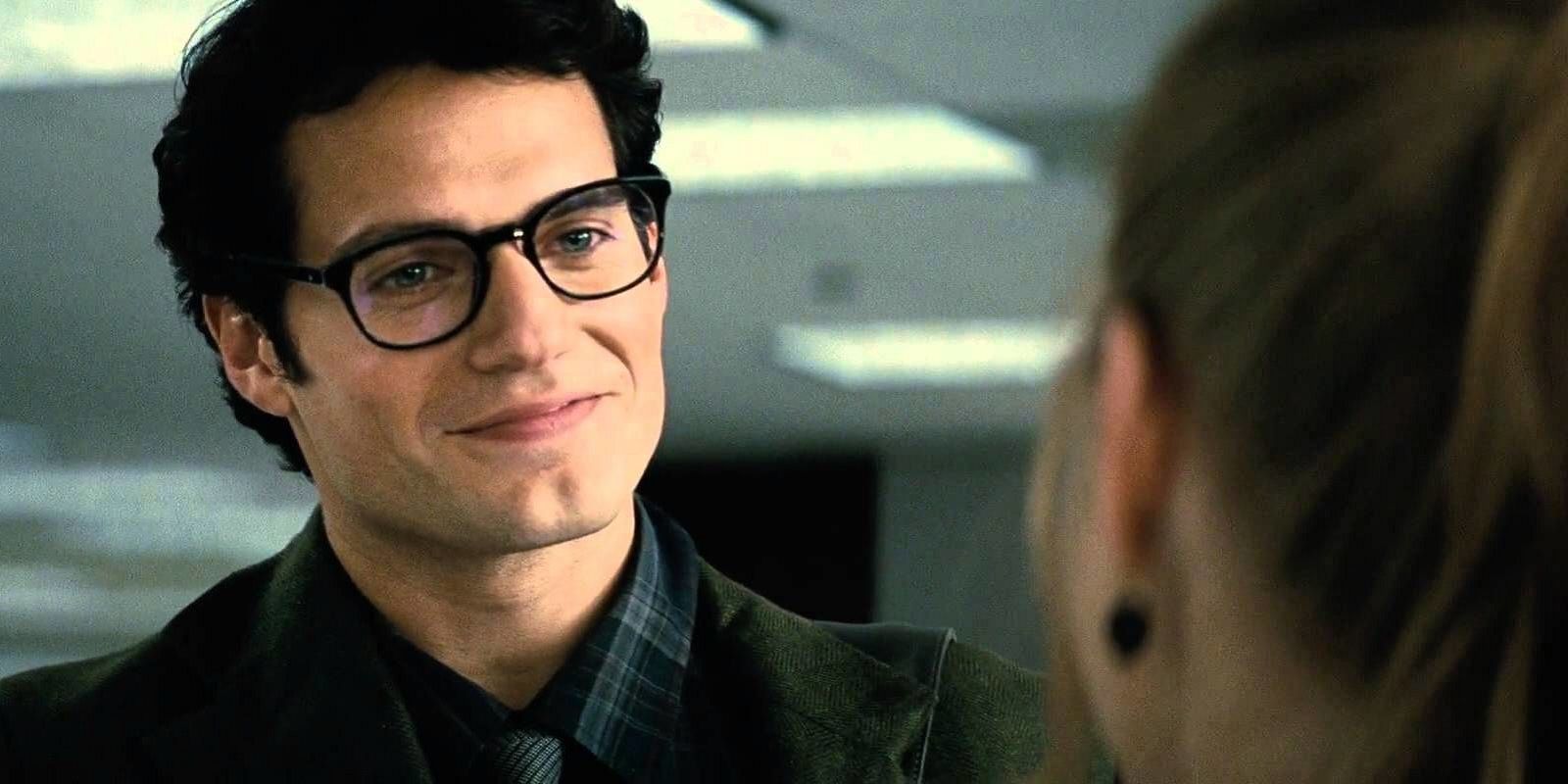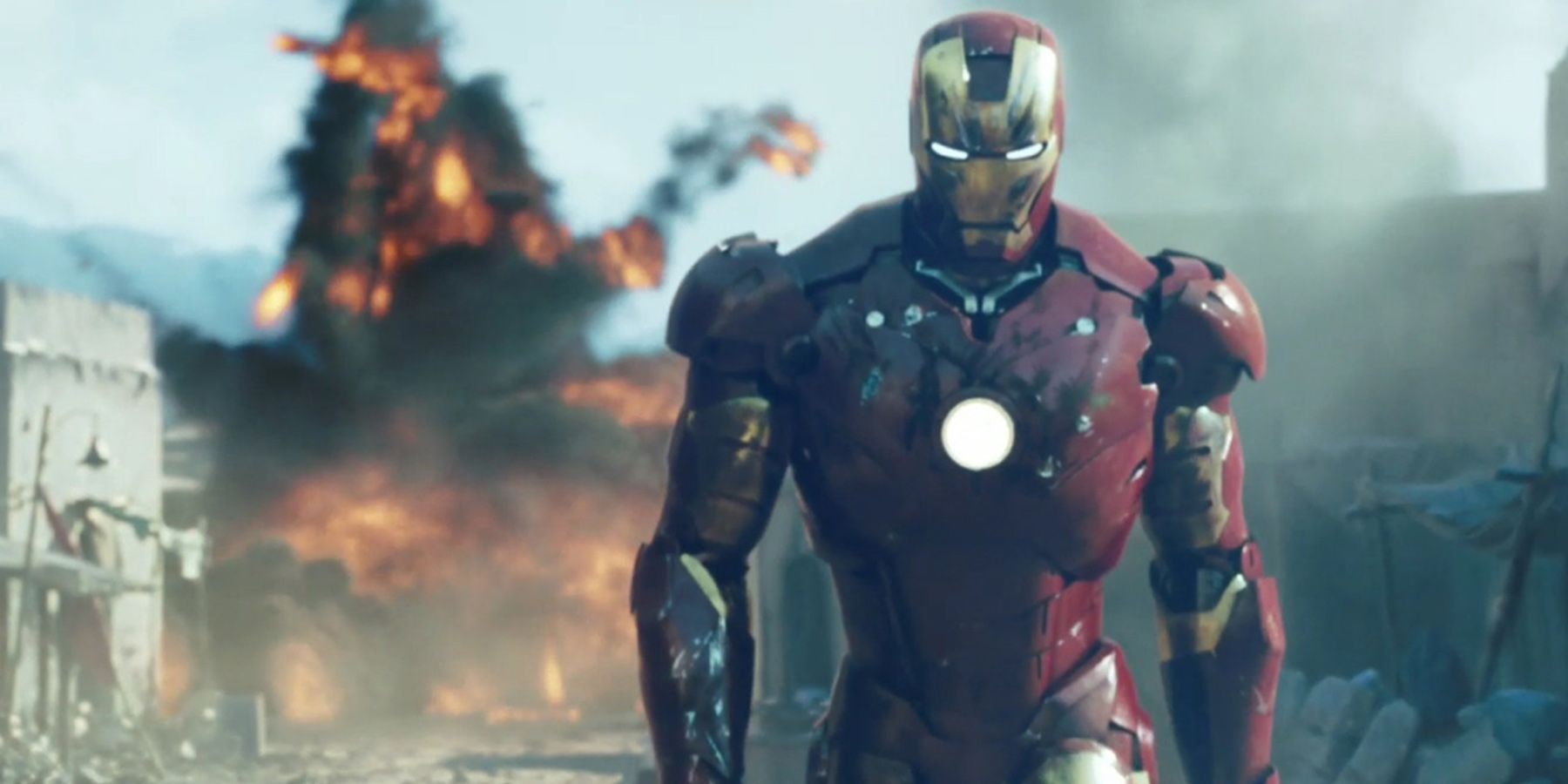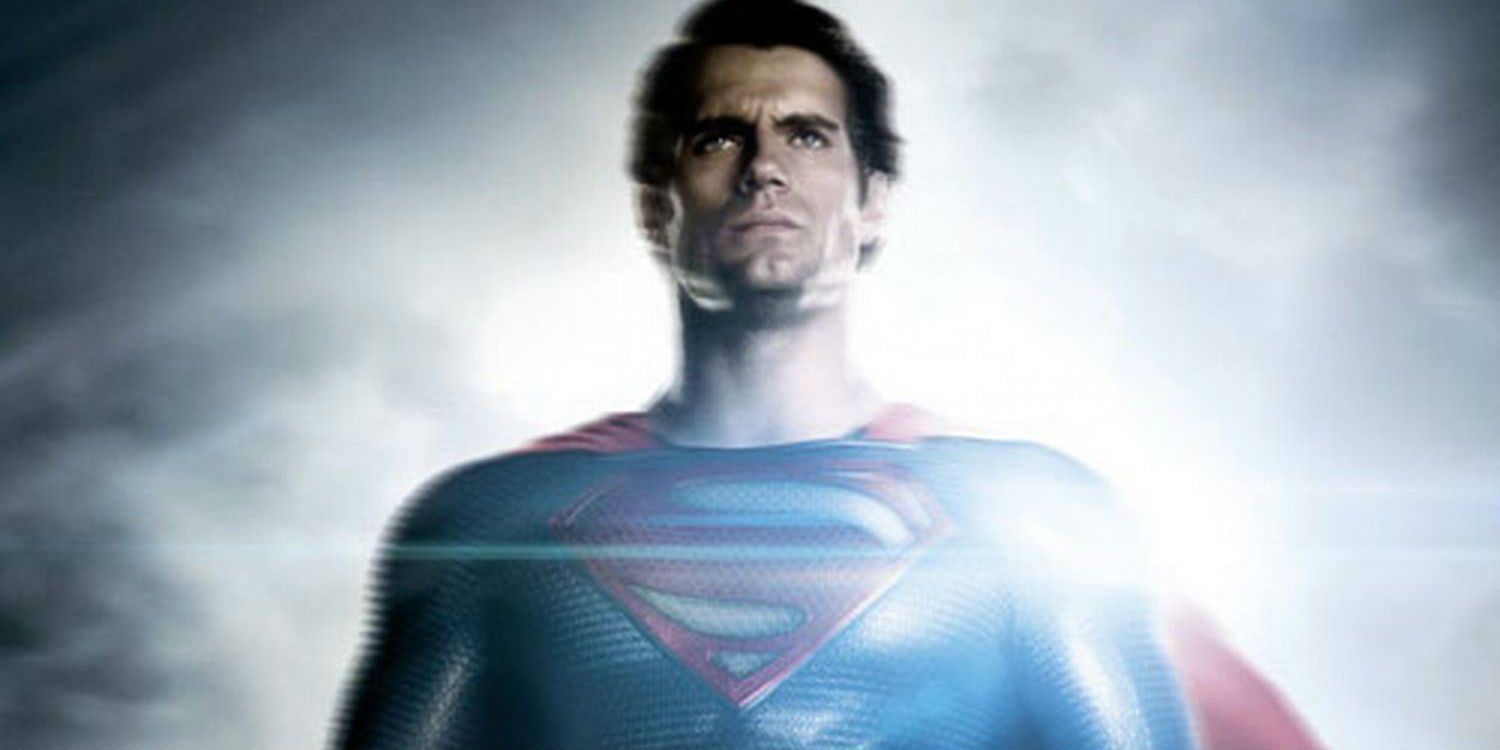In both Iron Man and Man of Steel, the superhero defeats the bad guy and ultimately starts a shared universe of superheroes and supervillains, but the very end of both movies defined their respective franchises. The Marvel Cinematic Universe and the unofficially titled DC Extended Universe are fundamentally the same, just like their source material, but certain things have remained different over the years.
For instance, instead of starting off with solo movies, such as Thor and Captain America, and then leading into a team-up film like the MCU, the DCEU began with one solo movie and then used a team-up movie - specifically, Batman V Superman: Dawn of Justice - to set up another one a year later: Justice League. It was a stark difference, but it was one that separated them from each other.
Related: Wonder Woman 1984 May Break DCEU Sequel Tradition (& Change Its Future)
But that's not the only difference between the two superhero universes. Each one has thematic and story elements that significantly diverge from one another, and part of that is the secret identity trope that has plagued comic books, as well as comic book movies and TV shows, for decades. And, interestingly, Iron Man and Man of Steel - the first installments of their respective shared universes - took separate approaches to the idea.
- This Page: Iron Man & Man of Steel's Endings
- Next Page: How Each Ending Defined Their Shared Universes
Iron Man's Ending
As the first movie in the MCU, Iron Man bore the responsibility of laying the foundation upon which Marvel Studios would build one of the biggest movie franchises ever created. Of course, while much of that setup was placed on the shoulders of the movie's sequel, Iron Man 2, the first Iron Man movie contained several thematic choices that continue to resonate in the MCU to this day, such as the identities of its superheroes being known to the public (or, at least to the governments).
Related: Iron Man's Most Important Moment Wasn't Nick Fury
At the end of Iron Man - after having defeated Obadiah Stane, aka Iron Monger - Tony Stark held a press conference where he revealed himself to be Iron Man. It wasn't just the immediate cut to black that shocked audiences, but also the fact that Marvel Studios had just thrown out the superhero identity trope that's been part of superhero comics for decades. The sheer notion of a superhero withholding his or her identity from the public in order to protect themselves and the ones that they love is why most superheroes wear costumes and masks - but not Iron Man, and certainly not Tony Stark.
Man Of Steel's Ending
Throughout Man of Steel, one of the themes that kept cropping up was secrecy. Clark went to great lengths to keep his identity hidden from the public (and the government, for that matter) - even letting his own father, Jonathan Kent, be killed in a tornado - because he and his family believed that the world would reject him if they found out who he really was. Of course, that didn't happen, at least not right away. Instead, the world look to Superman as their savior in light of the Black Zero event in Metropolis. But that still didn't convince Superman to out himself as Clark Kent.
Related: How DC Films & The DCEU Really Works
Like many superhero movies that came before it, Man of Steel was very much an origin story for both Superman and the Clark Kent that people have come to know and love over the years. After defeating General Zod and saving the world, Clark put on his signature eyeglasses and took a job at The Daily Planet as a reporter alongside his future wife, Lois Lane. In addition to destroying the drone that was searching for where Superman hung his cape (aka the Fortress of Solitude), taking a job as a mild-mannered reporter solidified his choice to keep his identity a secret - and that was a decision that Lois chose to honor. It maintained the secret identity trope from the comics and set the stage for the rest of the DCEU.
Page 2 of 2: How Each Ending Defined Their Shared Universes
How Each Ending Defined Their Shared Universes
Choosing to out himself as Iron Man, Tony Stark (and, really, Marvel Studios) immediately set the MCU apart from the rest of the competition. From then on, audiences didn't expect the shared universe's superheroes to keep their identities a secret, at least not on a grand scale. Instead, they became publicly known as the Earth's mightiest heroes. As Vision noted in Captain America: Civil War, the number of known "enhanced persons" in the world had grown exponentially in the years since Tony Stark revealed himself as Iron Man. It was a game-changing moment, and it was only after the press conference that Nick Fury even visited Tony to talk to him about the Avenger Initiative. This is in stark contrast to the DCEU.
Clark Kent doubled-down on his secret identity and that was obviously continued by the rest of the Justice League's main superheroes: Bruce Wayne, Diana Prince, Barry Allen, Arthur Curry, and especially Victor Stone. In fact, the world didn't even know Wonder Woman existed until she joined forces with Batman and Superman. While most of the superheroes in the MCU live their daily lives as publicly-recognized heroes - not including people like Black Panther and Spider-Man, who have other responsibilities - the majority of heroes in the DCEU attempt to live ordinary lives, at least as much as they can. What's interesting, though, is that the public's perception of these superheroes is starting to change post-Justice League. Sure, Superman was revered as something of a divine savior in Batman V Superman, but the idea of Batman's existence terrified people. He was a hero because he defeated the bad guys, but that's it. He didn't truly become the superhero that people recognize from the comics until the very end of that film. And now, post-Justice League, audiences are already starting to see the changes to the DC's superheroes still in the shadows.
Related: Aquaman Can Teach Marvel One Big Lesson About Releasing Movies
In Aquaman's post-credits scene, viewers can spot numerous newspaper clippings on the wall, including one that teases the DCEU's Flashpoint. One of the clippings' headline read, "Wonder Woman Nixes Aquaman Dating Rumor." In DC's Flashpoint story arc, Aquaman and Wonder Woman were engaged to be married so that they could unite and strengthen their respective kingdoms, but the doomed marriage ultimately ends with an Amazon-Atlantean War that nearly destroys the entire world. In this storyline, as well as in the DCEU it seems, the world knows of Aquaman and Wonder Woman. While they may not know that Diana Prince is Wonder Woman, the fact that they are both public figures shows how things have changed since their respective introductions in Batman V Superman.
Furthermore, the upcoming Shazam! movie proves that these superheroes are very much in the public eye, as there are multiple toys being sold of Batman, Wonder Woman, and even Harley Quinn. What's more, Freddy Freeman is seen wearing an Aquaman shirt for most of the film (and he even has a Batarang in his room). By the time Shazam! hits theaters, the DCEU's superheroes will have become widely known, rather than silent protectors who lurk in the shadows.
It's worth noting that the general notion around secret identities in both the MCU and DCEU have begun moving in opposite directions in recent years. In the beginning, everyone knew Tony Stark was Iron Man and Steve Rogers was Captain America, for example, but Clint Barton keeping his family off the books while he fights bad guys as Hawkeye was a side plot in Avengers: Age of Ultron, while Peter Parker retaining his secret identity as Spider-Man was at the crux of Spider-Man: Homecoming. In fact, keeping superheroes' identities a secret was at the center of the Sokovia Accords and, ultimately, the conflict in Captain America: Civil War. Meanwhile, with people recognizing Arthur Curry as Aquaman in the Aquaman movie.
Sure, people most likely don't know that Bruce Wayne is Batman or Clark Kent is Superman, but the fact that the franchise itself is opening up to having its superheroes become public figures, albeit slowly, is a step towards the direction of the comics and moving in the direction of the MCU, while that franchise is starting to recognize the need for secret identities is required from time to time, though that's primarily limited to specific character arcs, like Spider-Man's.

